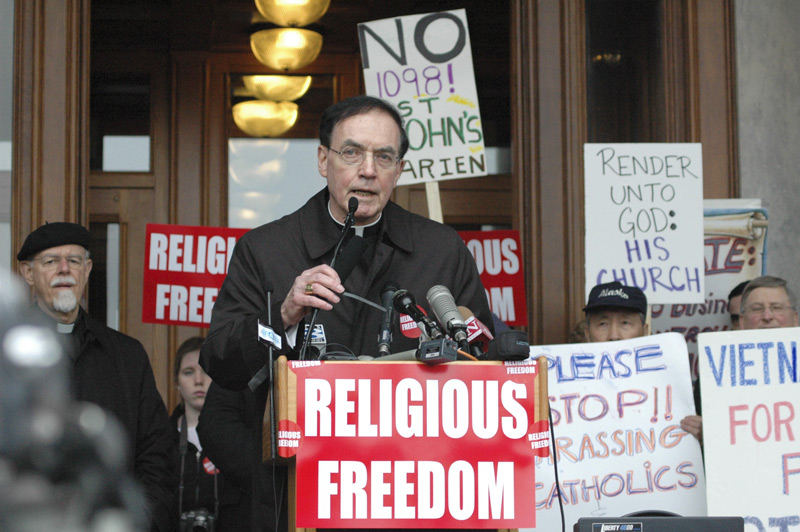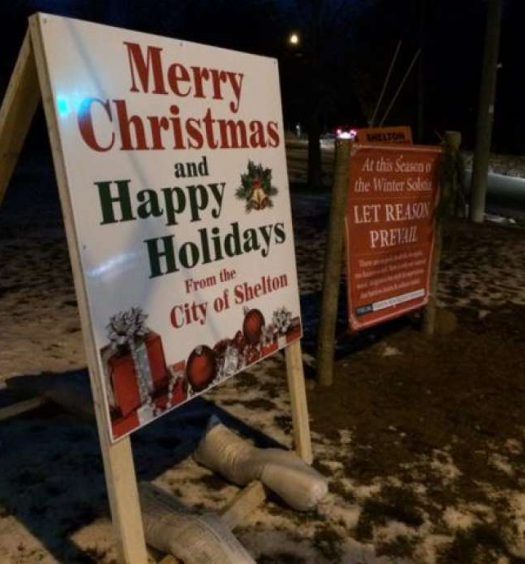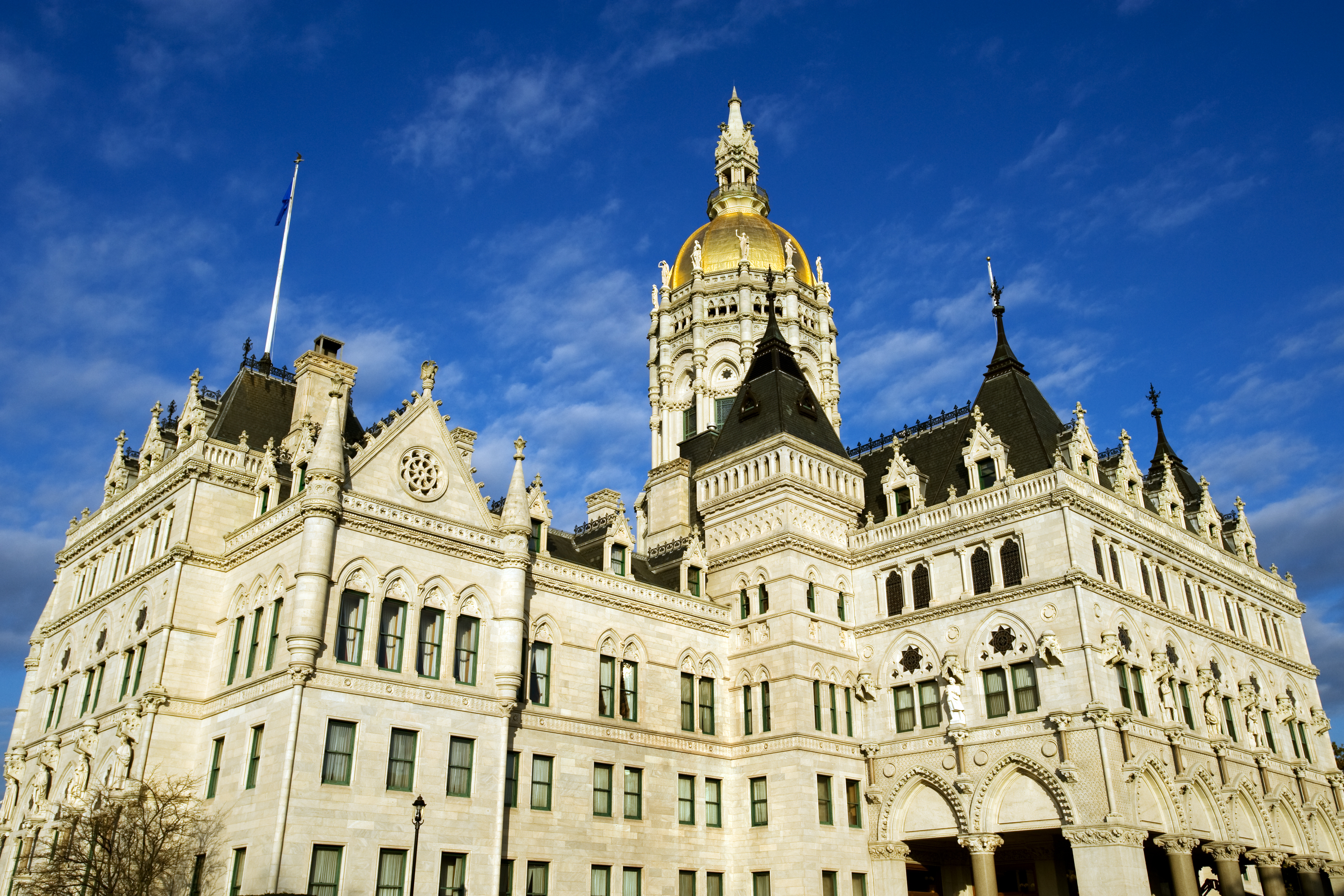The most important speech during yesterday’s three-and-a-half-hour debate in the Connecticut House of Representatives, over whether to confirm Justice Andrew McDonald’s nomination for Chief Justice, is the one you haven’t heard about in the media reports of the last 24 hours. Reporters have either ignored it altogether or have quoted it sparingly, with strategically-placed ellipsis designed to protect their readers from the full effect of the words. But it should be heard loud and clear by everyone, in its entirety.
I am talking about the speech by State Rep. Vincent Candelora (R-86) on why he is voting against McDonald’s confirmation. “I can’t sit silently anymore,” Candelora told the House. And he didn’t.
In 2009 McDonald, then the Senate co-chair of the Judiciary Committee, put forward a bill that—well, I’ll just quote directly from Candelora’s speech, with emphasis on the parts you’re not reading in the press.
According to Candelora, S.B. 1098 sought to “statutorily re-organize the Catholic Church in Connecticut to make it so that the Church could not exist in this state.”
Candelora said “As a practicing Catholic all my life, it really struck me to the core that the legislature was embarking on a potential path to eliminate my ability to practice religion in the State of Connecticut.”
Candelora said McDonald had the opportunity to own up to what he did in the matter of S.B. 1098 but that he still refuses to do it. Candelora rejected McDonald’s attempts to blame a constituent for the bill, citing evidence in the public record that S.B. 1098 went beyond what the constituent sought and saying it was wrong of McDonald to put that pressure on his constituent. Candelora said that when McDonald was given the opportunity to apologize, “all I heard was deflection.” Candelora said McDonald had “not taken ownership and responsibility” on S.B. 1098.
“I question the judgment” McDonald exercised in “raising a bill so egregious,” Candelora said. He added “I felt the animosity that was seen and the attack that was done on a particular religion in the State of Connecticut was unbecoming” of someone in McDonald’s position.
There is much more packed into Candelora’s seven-and-half-minutes speech, from the vagueness of S.B. 1098’s title, to the way McDonald’s fellow legislators were blindsided by it, to McDonald scheduling a public hearing anyway (“increasing the anxiety of practicing Catholics”) and then cancelling the hearing (“boxing” the bill) the night before the hearing, denying the right of thousands of Catholics and other defenders of religious liberty to make their voice heard after they had already made plans to come to the Capitol.
Candelora also criticizes the other attempt at deflection, McDonald’s “doubling down” on his claim that the underlying statutes don’t belong in Connecticut law, even though, according to Candelora, those statutes are needed for religion to exist in Connecticut.
As one press report accurately reported, S.B. 1098 was “one of the most controversial bills of 2009 and is still being talked about today.” But never has it been discussed as thoroughly and succinctly as it was by Candelora in those seven-and-a-half minutes.
Representatives Larry Butler and Bruce Morris, both of whom are Democrats and neither of whom are Catholic, also objected to McDonald on religious liberty grounds. Morris said he had spoken with McDonald on the subject the night before and felt that McDonald still did not understand the issue.

















